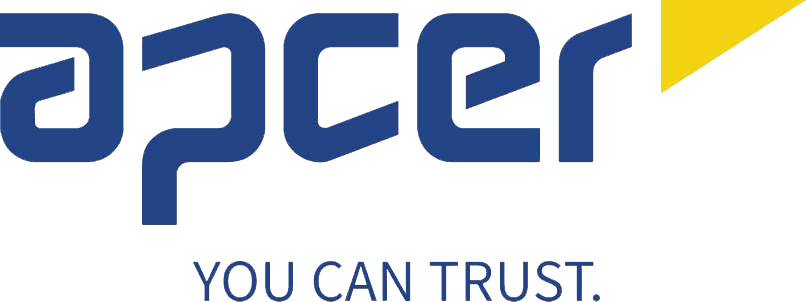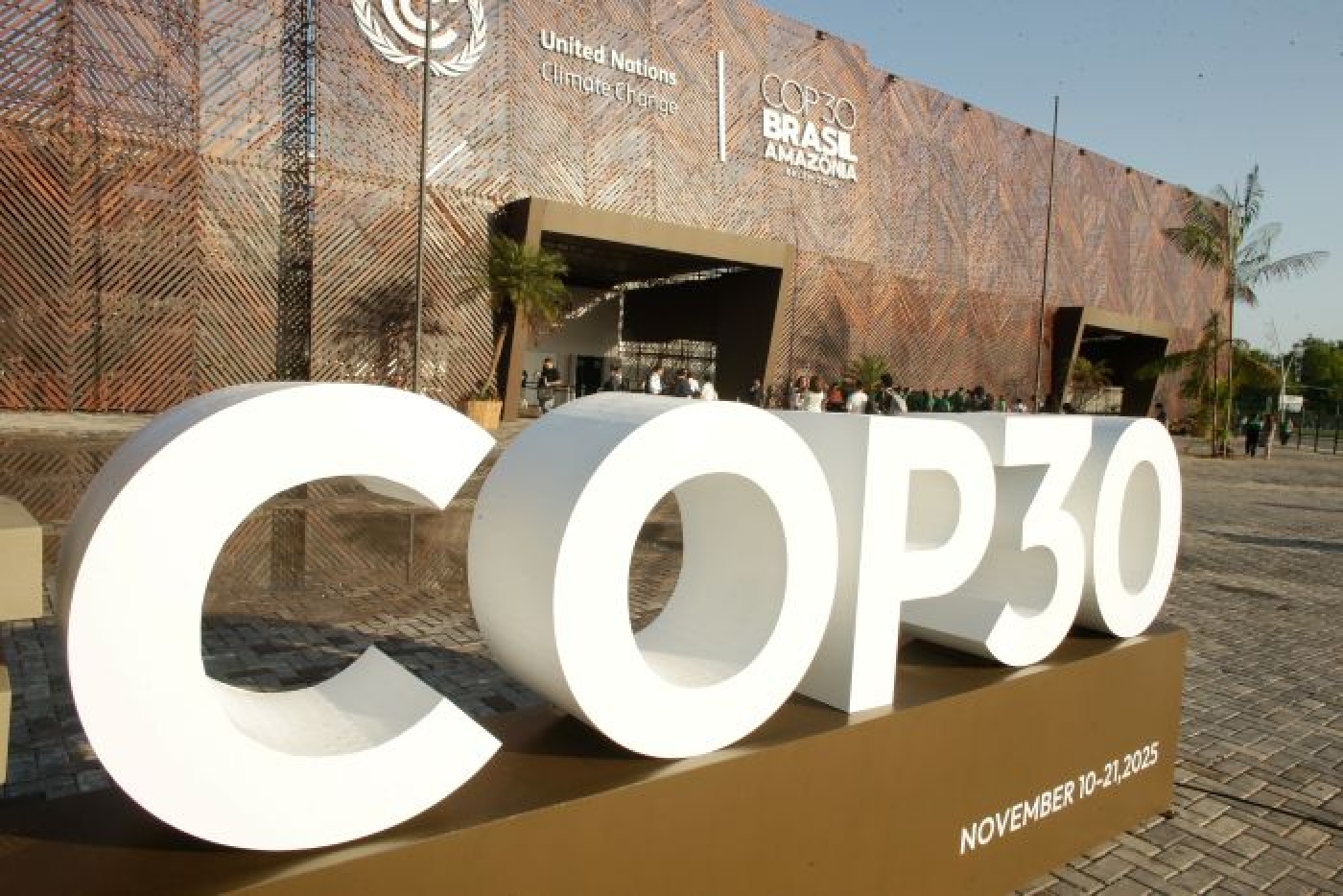As a result of the commitment to address the issue of climate change, as stated in the London Declaration of the ISO - International Organization for Standardization, ISO and the IAF - International Accreditation Forum, have made an amendment to Chapter 4 of the Harmonized Framework (Appendix 2 of Annex SL in the ISO/IEC Directives Part 1 Consolidated ISO Supplement). More information can be found here.
ISO 22000 - Food Safety Management System is one of several standards covered by this amendment.
What should be considered in a Food Safety Management System according to ISO 22000?
There is no standardized approach to climate change considerations in a food safety management system (FSMS) according to ISO 22000. However, we share as a reference part of the text taken from a White Paper developed by the partners of the IQNET Association, of which APCER is a member representing Portugal.
These considerations are not sufficient on their own, nor are they considered complete; they are merely identified as the most likely to be analyzed by organizations:
Impact on food production and the supply chain: Climate change can alter agricultural conditions, affecting the availability and quality of raw materials. Changes in temperature and rainfall patterns can lead to crop failures or a higher prevalence of pests and diseases, affecting the safety and quality of food products.
Increased risk of food contamination: Rising temperatures and changes in humidity can create environments that are more conducive to the growth of pathogens and the production of toxins. This increases the risk of food-borne illness, making effective food safety management more difficult.
Water scarcity and quality: Climate change can lead to water scarcity and affect water quality. Since water is a critical ingredient in many food products, and a key resource in the cleaning and sanitizing processes in food production, compromised water quality can pose significant risks to food safety.
Changing storage and transportation conditions: Changes in climatic conditions can affect the efficiency and safety of food storage and transportation. Rising temperatures, for example, can compromise the cold chain, leading to faster spoilage and the growth of harmful bacteria.
New food safety hazards: Climate change can lead to the emergence of new food safety hazards or change the pattern of existing hazards. Certified organizations need to effectively identify, assess and control these emerging risks.
Regulatory and compliance challenges: As the impacts of climate change become more pronounced, regulations governing food safety may evolve. Adapting to these regulatory changes is essential for compliance and to avoid potential legal and reputational problems.
Increased monitoring and traceability: With the increased complexity of food safety risks due to climate change, the need for robust monitoring and traceability systems within the FSMS increases, with the aim of ensuring a rapid response to food safety incidents.
Note: the measures adopted to address climate change could possibly pose a risk to food safety. See here.
Other Climate Change considerations that all organizations certified to the management system standards covered by this amendment should consider
Certified organizations, regardless of the sector of activity in which they operate and the type and scope of the management system, may need to review and adapt other processes and consider other issues in order to better address and accommodate changes in context, evolving requirements and stakeholder needs, as well as new risks arising from climate change.
Training and awareness: Effective management approach and practices in the context of climate change require informed and aware people. Certified organizations may need to include training programs that convey climate-related challenges and changes to their employees, ensuring that they understand the evolving nature of related risks and their responsibilities.
Engagement and communication with stakeholders: Engagement with stakeholders on climate-related compliance issues is crucial. Certified organizations should facilitate communication and engagement with stakeholders, including investors, customers, regulatory bodies and the community, on how the organization addresses climate-related compliance issues.
Monitoring and continuous improvement: Given the dynamic nature of climate change and its impacts, certified organizations must be able to monitor and continuously improve. This ensures that the organization can adapt its strategies in response to new information, regulations and best practices related to climate change.
Innovative solutions for greater resilience: Organizations may need to invest in innovative solutions to strengthen resilience in the face of climate-induced challenges and risks, and thus contribute to better performance and effectiveness.
Long-term strategic planning: Organizations must consider long-term trends and contextual issues, including those related to climate change. This enables strategic planning that aligns with global sustainability goals and climate change mitigation efforts.
Reputation and brand value: Organizations that do not address climate change risks or adopt sustainable practices may suffer in terms of reputation and brand value, as consumers and investors increasingly value sustainability. For some organizations, public perception can also be critical. Those that fail to take adequate measures to combat or adapt to climate change may suffer damage to their reputation, which can have a direct impact on customer loyalty and brand value.
Insurance and risk management: The increased frequency and severity of weather phenomena can lead to higher insurance premiums. For organizations with significant physical assets, or those operating in high-risk areas, this can represent a substantial financial burden.
Identifying new opportunities: Organizations can also look for opportunities arising from the transition to a greener economy, such as the development of new products or services, efficiency improvements and access to new markets.















